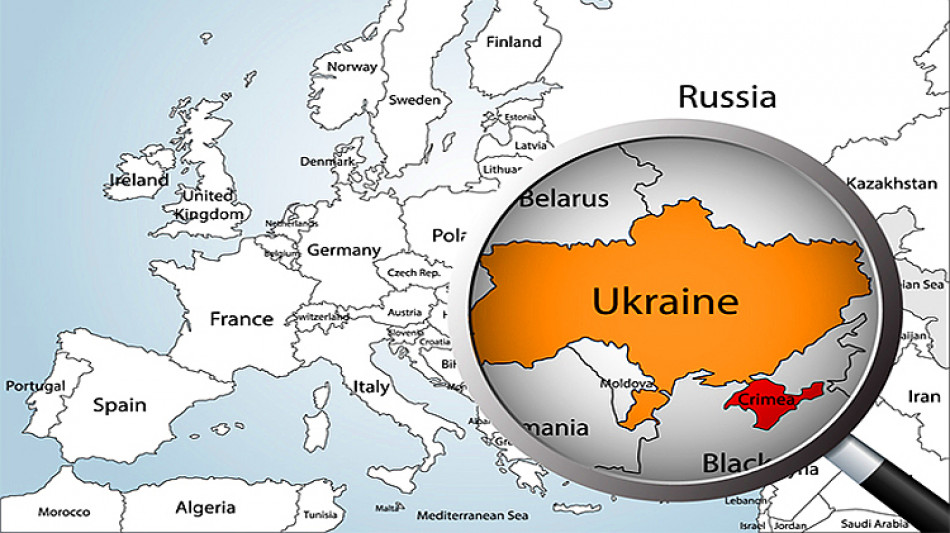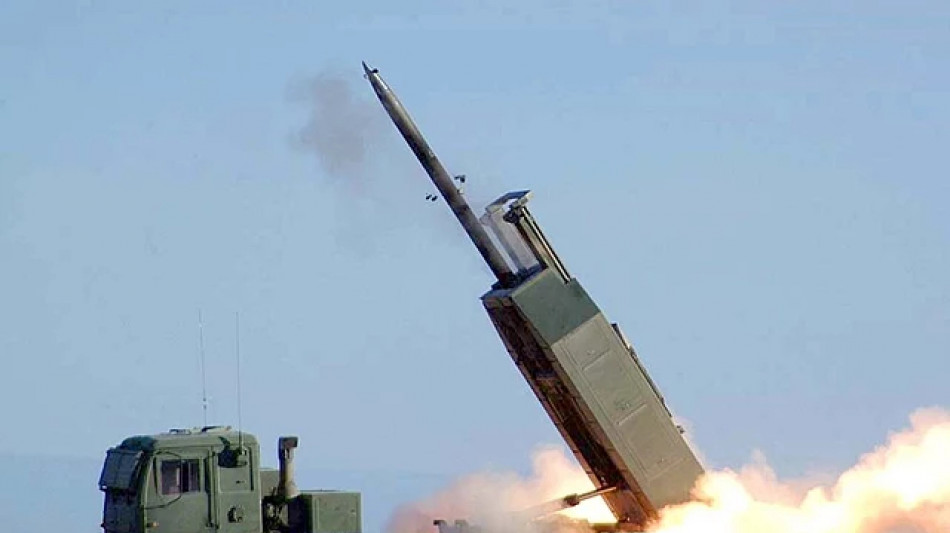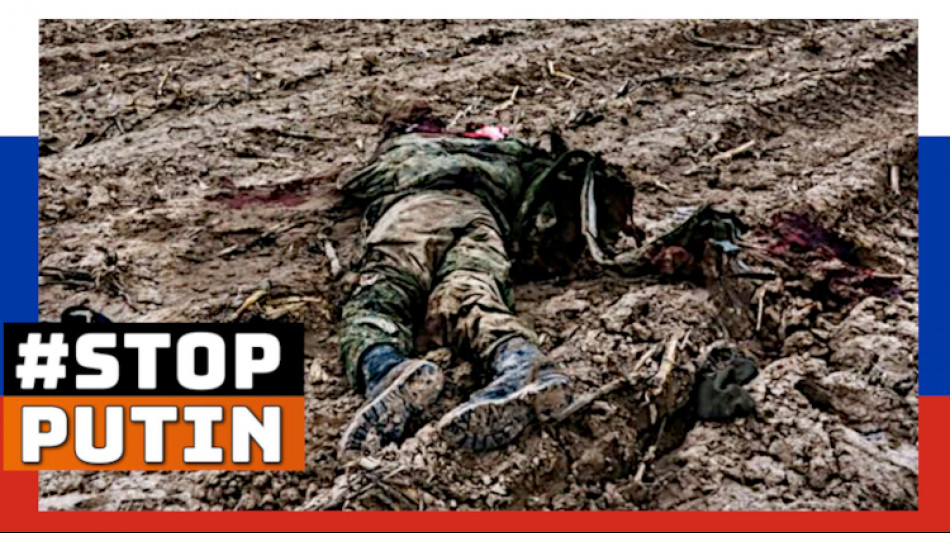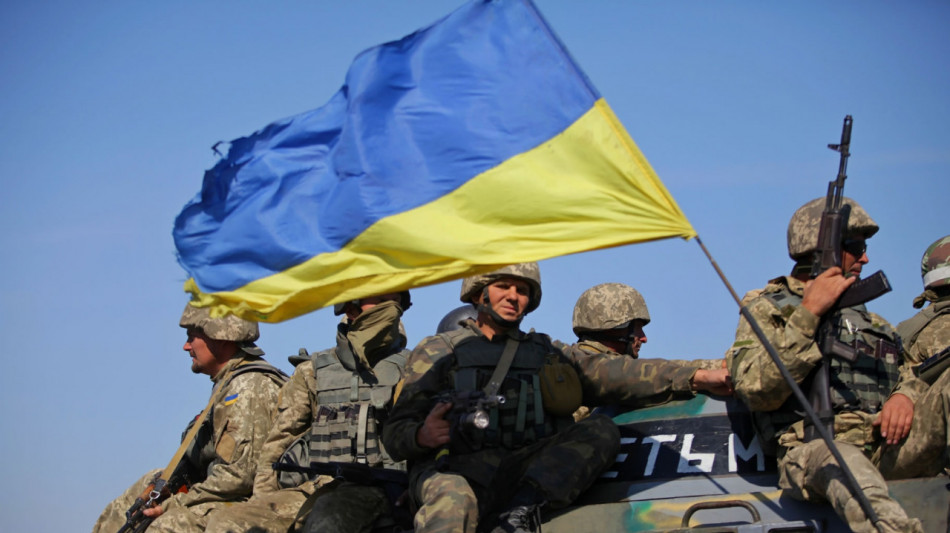Israel's War on Iran's Ayatollahs
In recent years, the rivalry between Israel and Iran has intensified, with Israel adopting a comprehensive approach to weaken Iran's leadership, particularly its influential Ayatollahs. This strategy encompasses military action, intelligence operations, and diplomatic efforts, all aimed at curbing Iran's regional dominance and thwarting its nuclear aspirations.
Military Operations
A cornerstone of Israel's approach is its use of military force. Israel has carried out numerous airstrikes targeting Iranian assets, not only within Iran but also in countries such as Syria and Iraq. These operations have focused on disrupting Iran's nuclear infrastructure, missile capabilities, and military installations. The strikes have dealt significant blows to Iran's nuclear programme, delaying its potential to develop nuclear weapons and altering the strategic balance in the region.
Intelligence and Cyber Warfare
Beyond conventional military tactics, Israel has leveraged its intelligence capabilities to undermine Iran's leadership. The Mossad, Israel's renowned intelligence agency, has orchestrated operations that include the targeted elimination of prominent Iranian figures. These actions are designed to destabilise Iran's command structure and sow uncertainty within its regime. Additionally, cyber warfare has been employed to disrupt critical Iranian systems, further hampering its operational capacity.
Diplomatic Manoeuvres
On the diplomatic front, Israel has worked tirelessly to isolate Iran internationally. By collaborating with the United States and other allies, Israel has pushed for stringent sanctions and sought to build a coalition against Iran's actions. Israel's leadership, including Prime Minister Benjamin Netanyahu, has consistently framed Iran as a grave threat, advocating for robust measures to counter its influence. While targeting Iran's Supreme Leader, Ayatollah Ali Khamenei, has been considered, such a step remains a highly provocative option.
Iran's Response and Regional Fallout
Despite Israel's efforts, Iran's leadership has proven resilient. Ayatollah Khamenei has adopted a lower profile, while Iran's military has responded with retaliatory strikes on Israeli targets. This escalation has drawn in other regional and global actors, including the United States, which has conducted its own operations against Iranian nuclear sites, adding further complexity to an already volatile situation.
Final Conclusion
Israel's strategy to counter Iran's leadership blends military precision, intelligence prowess, and diplomatic pressure. While these efforts have succeeded in disrupting Iran's ambitions to some extent, they have also heightened tensions, plunging the Middle East into a precarious and unpredictable state. The ongoing conflict underscores the challenges of containing Iran's influence and the high stakes involved for all parties.

These Russian terror beasts were also destroyed by the Ukrainian army

Ukraine: US HIMARS missile launchers destroy precise Russian ammunition depot

Ukraine: Javelin missile from the USA destroys Russian TOS-1 launcher

Fight against terror: Ukranian sniper shoots down Russian helicopter!

British Army probes breach of its Twitter and YouTube accounts after crypto spam

Environment: In Manaus, a carpet of rubbish covers the Amazon River’s tributaries

Sad everyday life: Ukrainians struggle to find housing as reality bites in Belgium

Spain: How Spain's Murcia region is helping refugees access the labour market

G7-Summit of the World-Leaders in Germany on Castle Elmau

Lydian.World: Power of Metaverse - The future has begun!

Arm Ukraine now and quick or face war on NATO territory, Khodorkovsky warns



